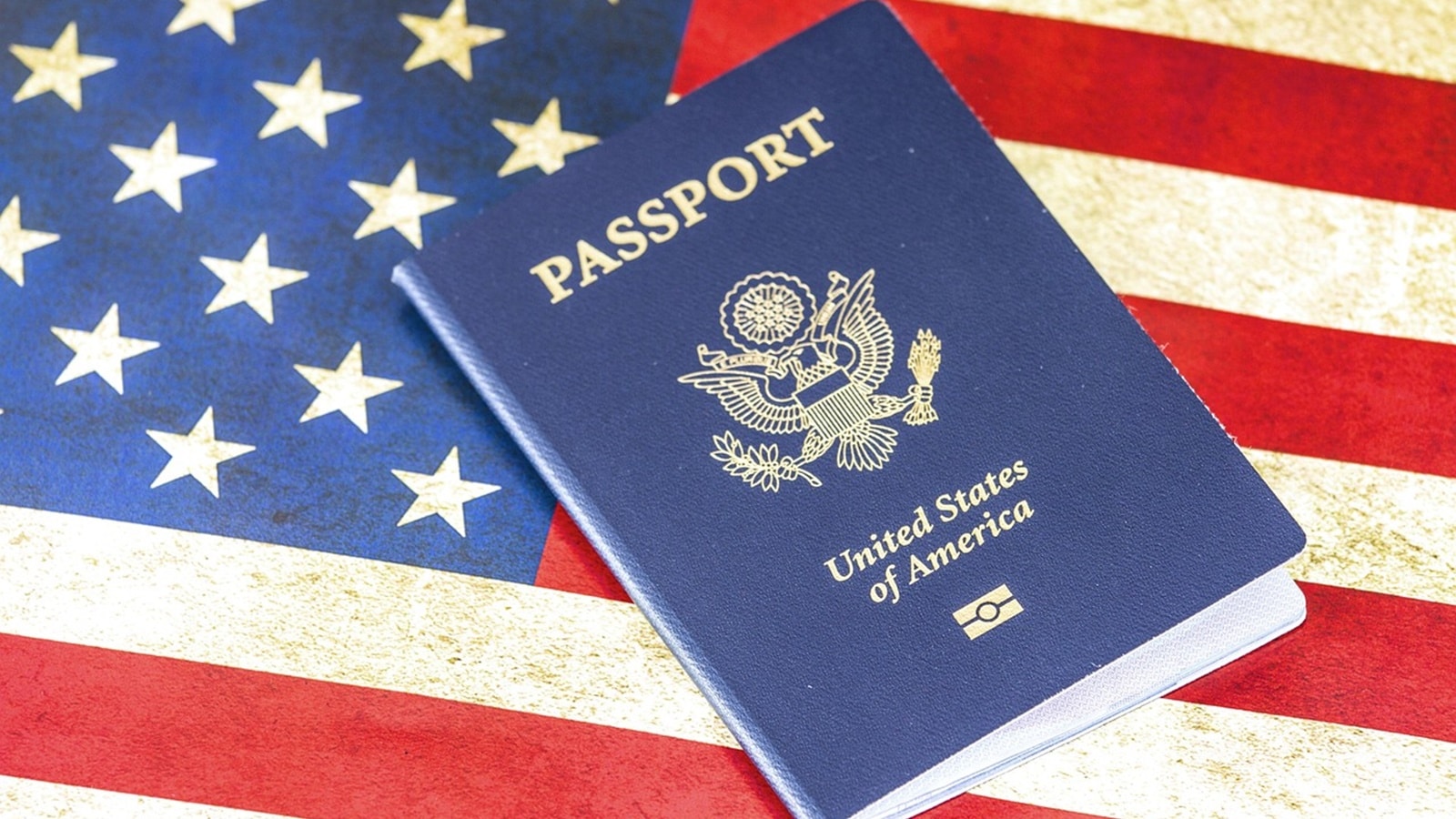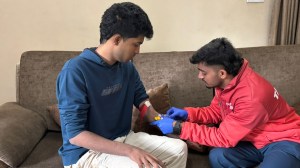Stay updated with the latest - Click here to follow us on Instagram
US reopens foreign students visa process but there is a catch: 10 points
US student visa 2025 policy: The US State Department has warned that if an applicant declines to make their social media visible, it may be interpreted as an attempt to hide something, potentially jeopardizing their visa approval.
 The bond, however, could be waived by the federal government depending on an applicant’s individual circumstances. (Representational Image | Source: Pixabay)
The bond, however, could be waived by the federal government depending on an applicant’s individual circumstances. (Representational Image | Source: Pixabay)US visa process changes 2025: The visa process for the United States just got a lot more invasive. The US State Department on Thursday officially resumed processing student visa applications, but with a twist. Now, applicants must unlock their social media accounts for government review.
Here are 10 things you need to know about the shift in US student visa policy:
1. After a short and temporary suspension, the United States government has restarted student visa applications. However, the new policy needs applicants to make their social media accounts public during the review process refusal to follow could lead to rejection.
2. According to Associated Press reports, consular officers are now instructed to scan applicants’ social media for any posts that might seem hostile toward the US government, institutions, culture, or founding principles. Even the political opinion could be misinterpreted.
3. The US State Department has warned that if an applicant declines to make their social media visible, it may be interpreted as an attempt to hide something, potentially jeopardizing their visa approval.
4. Applicants from different countries like India, China, Mexico, and the Philippines are among those most anxiously tracking visa slots, refreshing websites daily and watching State Department updates closely.
5. The US will now prioritise visa interviews for students applying to institutions where international students make up less than 15 per cent of the population. This can completely disadvantages students aiming for top private schools, especially the Ivy League schools, where foreign student ratios are much higher.
6. Harvard University, with around 25 per cent international enrollment, has faced explicit targeting. The Trump administration accused the school of permitting “antisemitic” speech and proposed capping foreign admissions at 15 per cent.
7. Critics liken this policy to Cold War-era ideological vetting. According to Jameel Jaffer, executive director at the Knight First Amendment Institute at Columbia University, the new screening could suppress free speech and create a “censorship” culture among consular officers, AP reported.
8. Earlier this year, students even those with minor infractions like traffic violations faced sudden deportation orders. Though the decision was later reversed, the expansion of revocation criteria remains a looming threat.
9. The United States is now pressing 36 countries to ramp up their own screening systems or risk being added to the US travel ban list, which currently includes 12 nations. These demands come with a strict 60-day compliance deadline.
10. This policy shift is likely to reduce applications to US universities, especially elite institutions.
- 01
- 02
- 03
- 04
- 05































